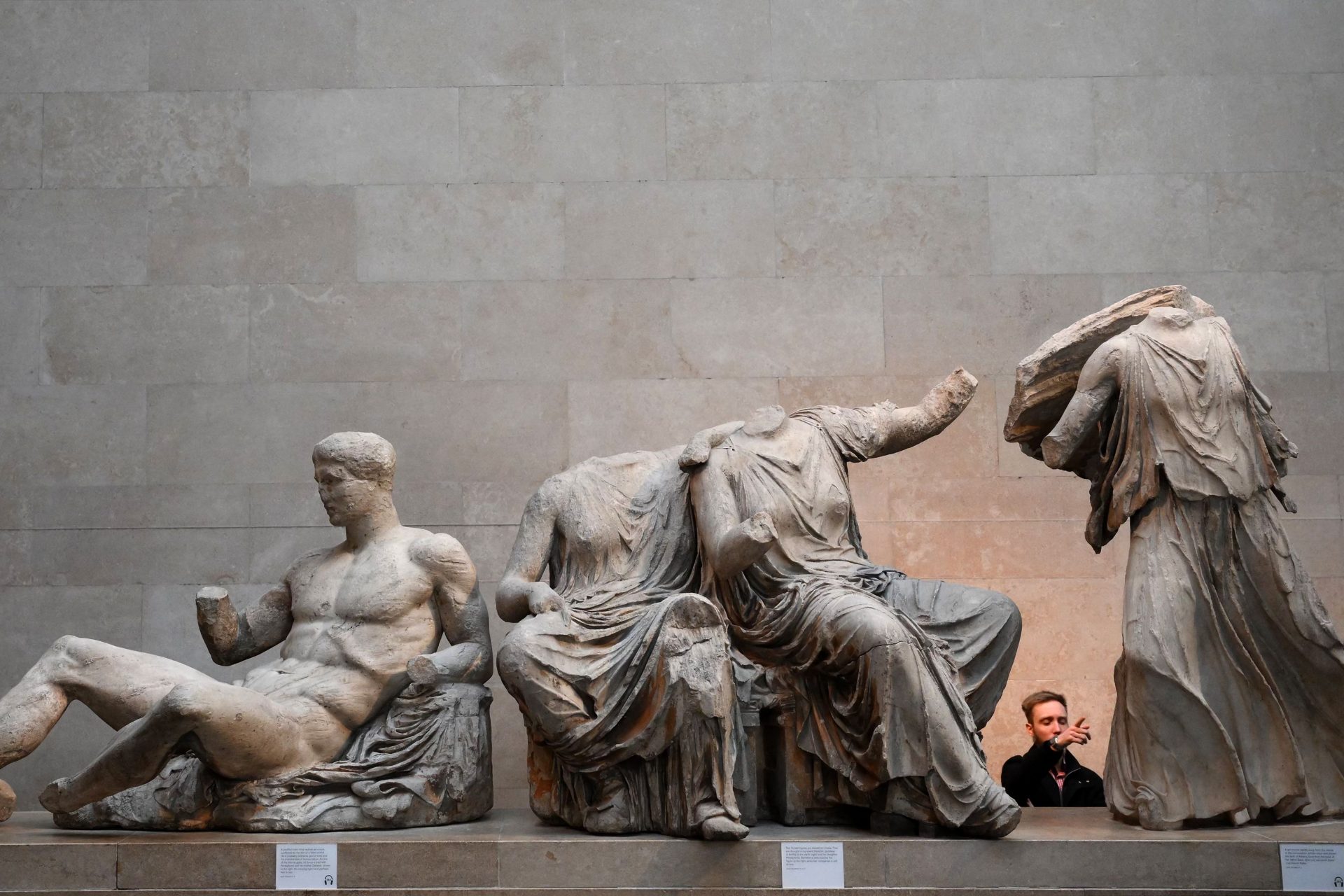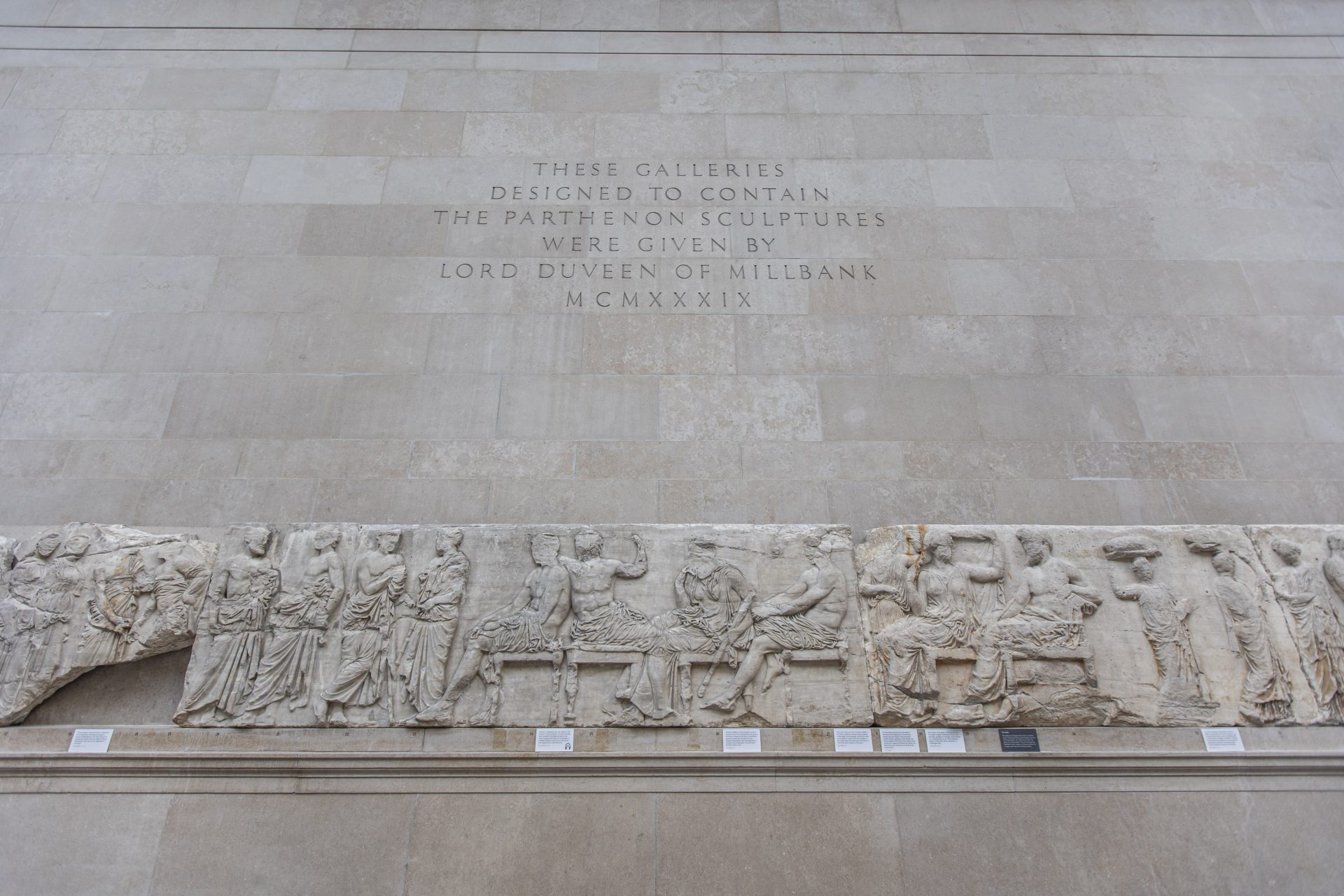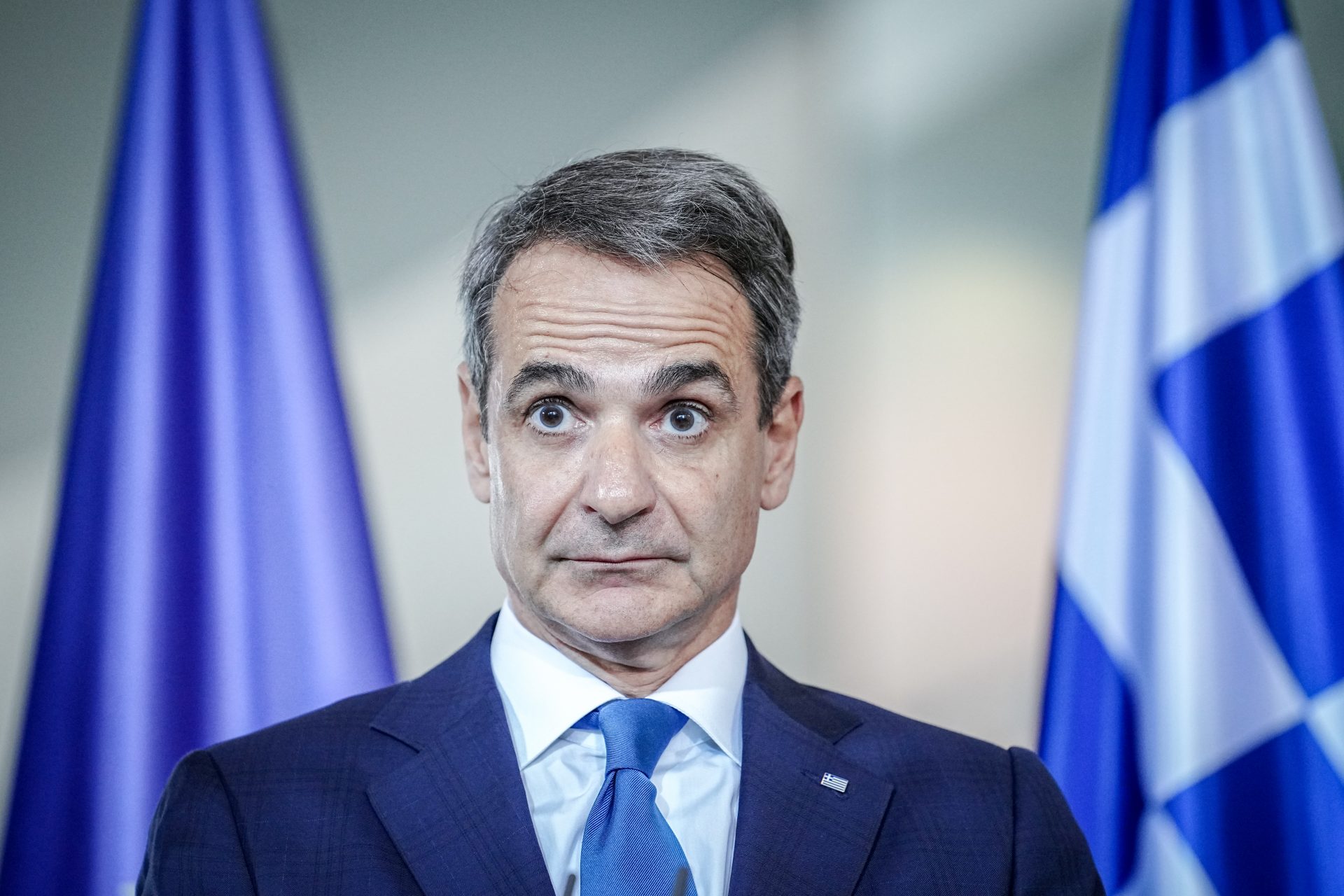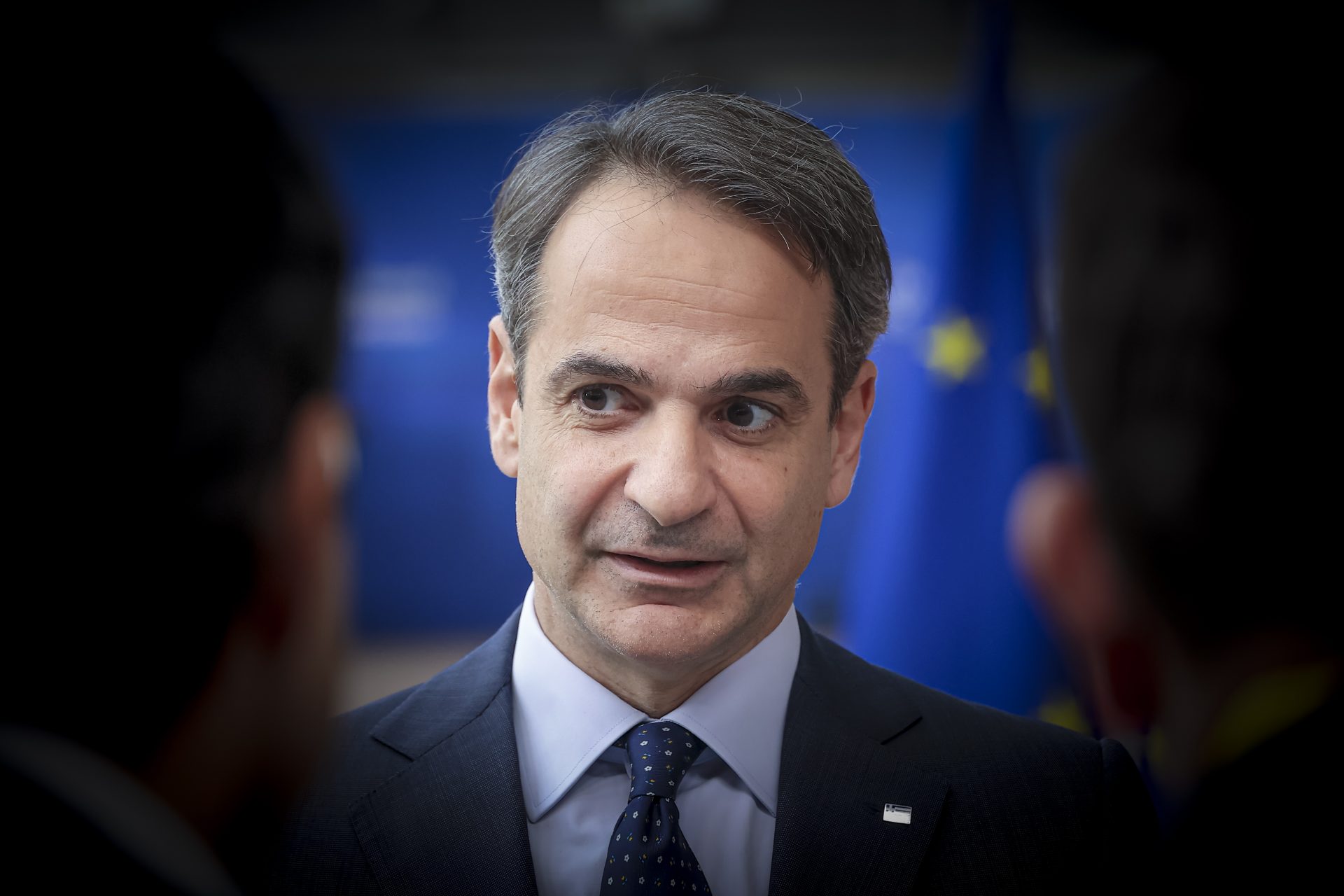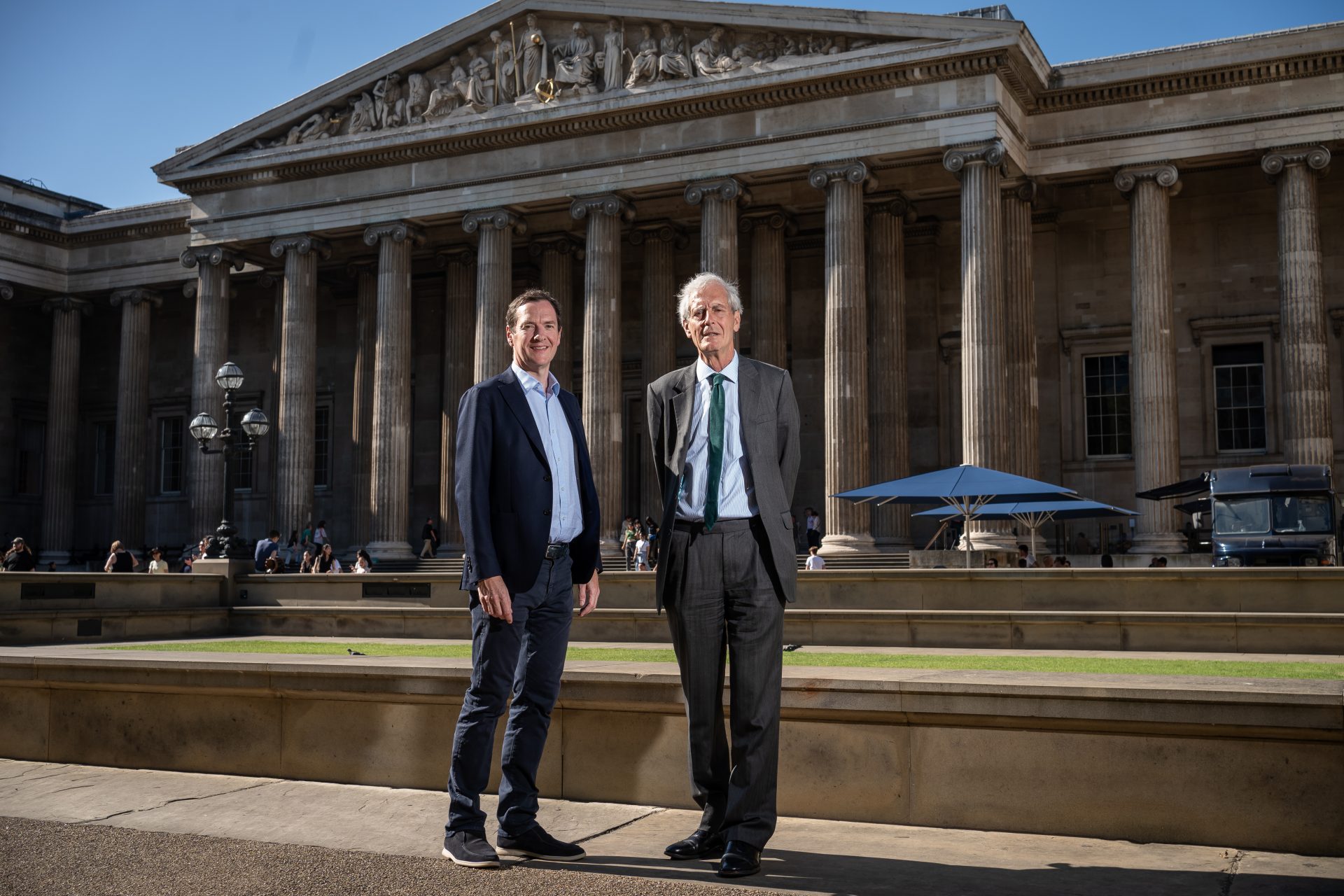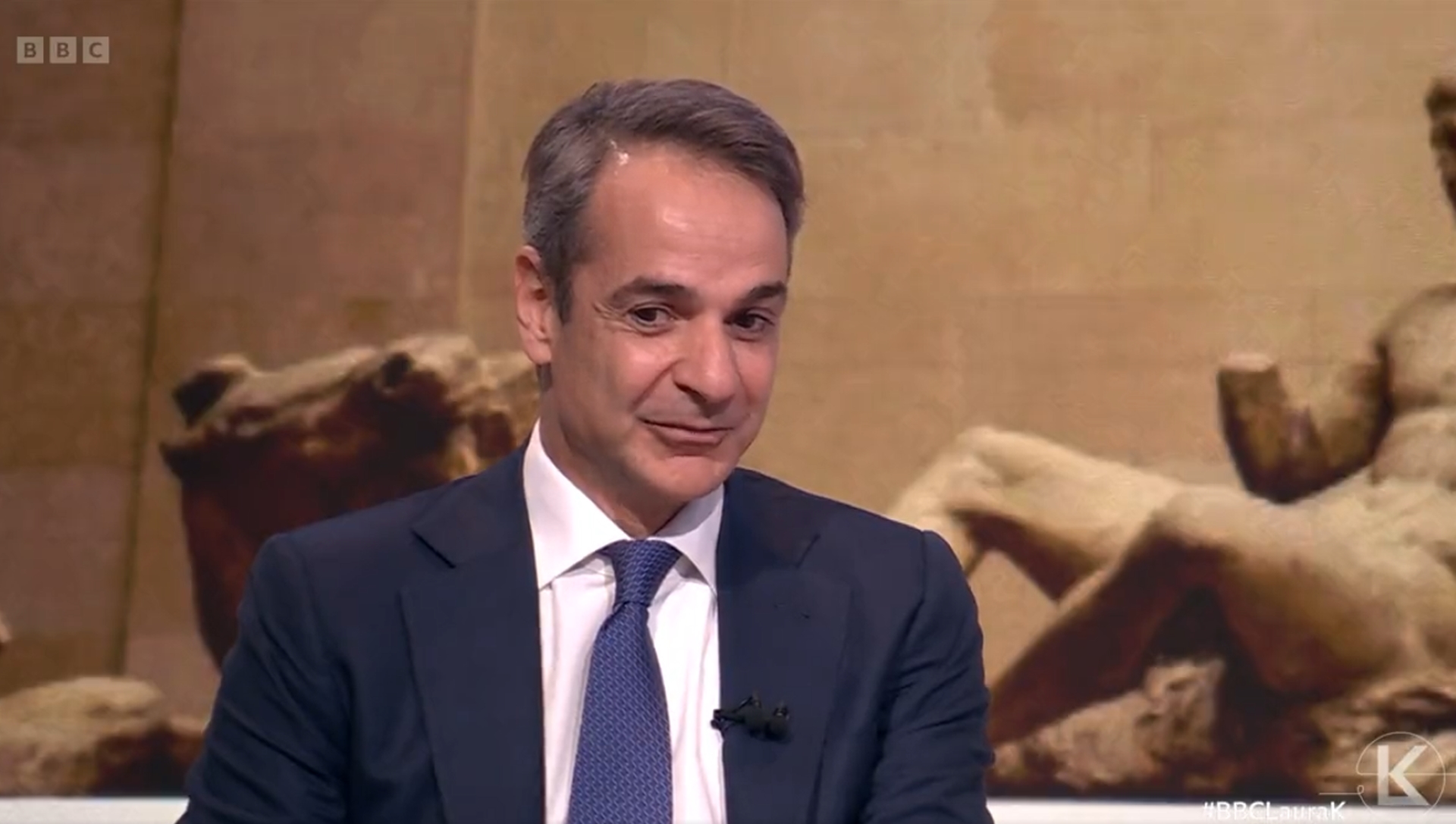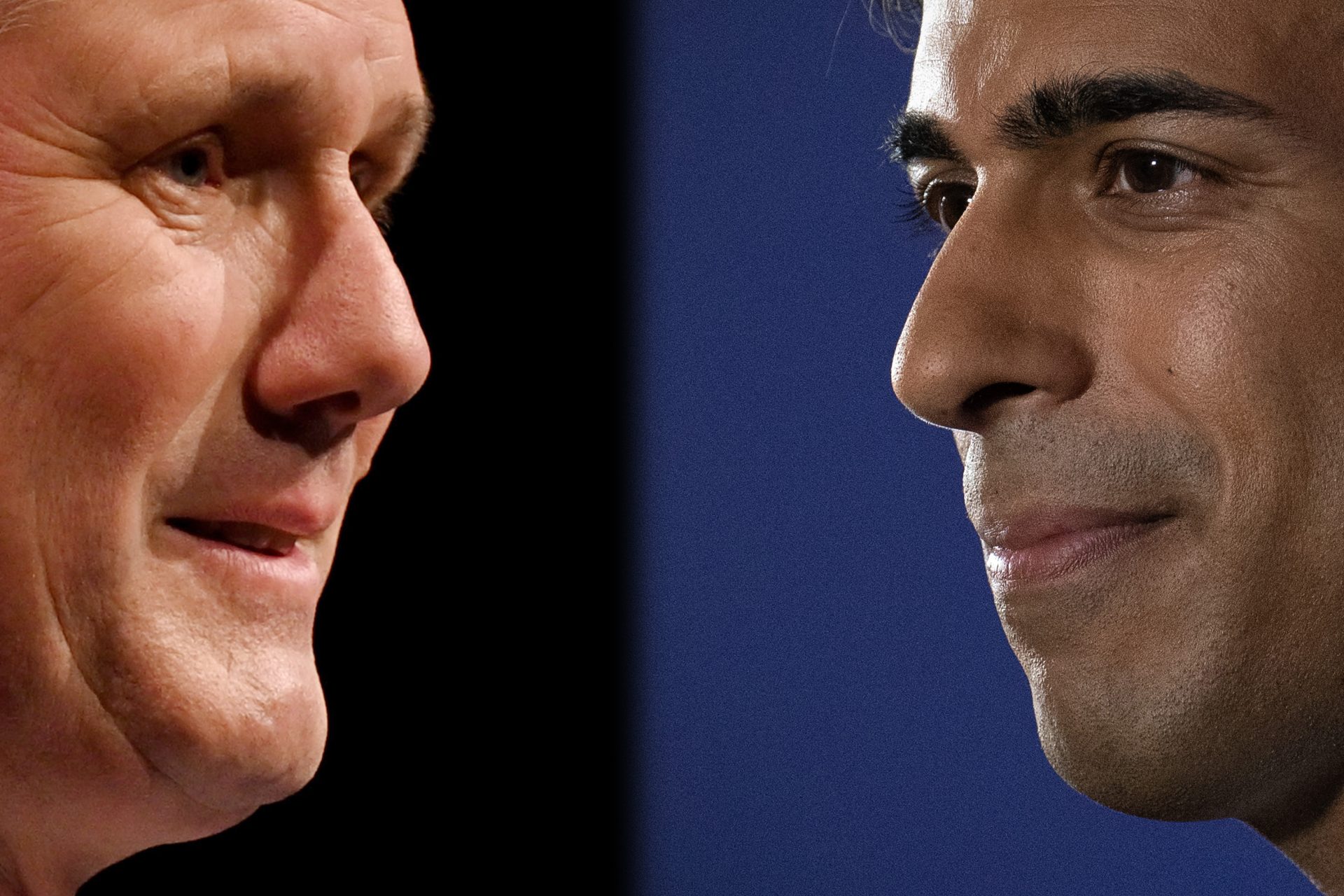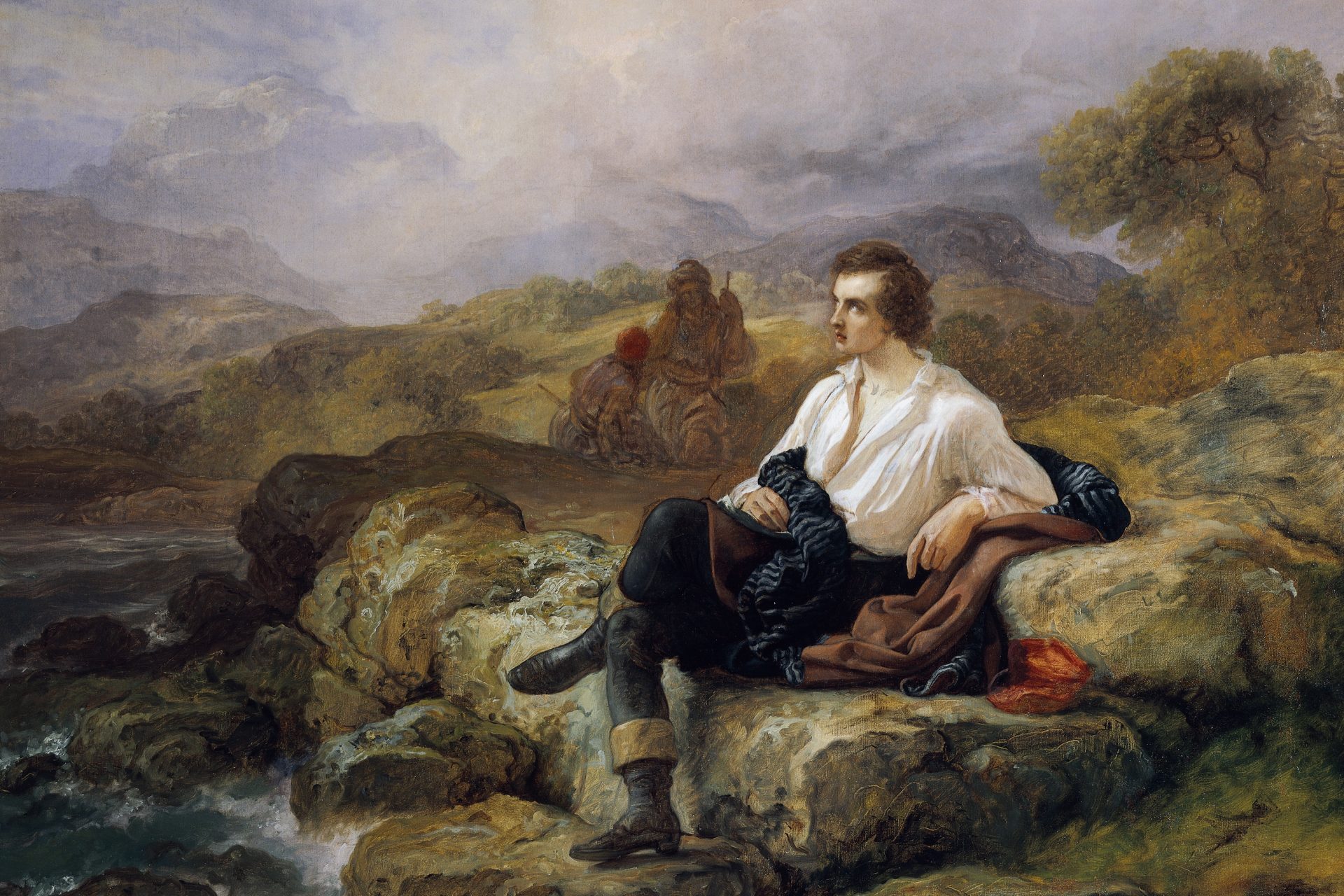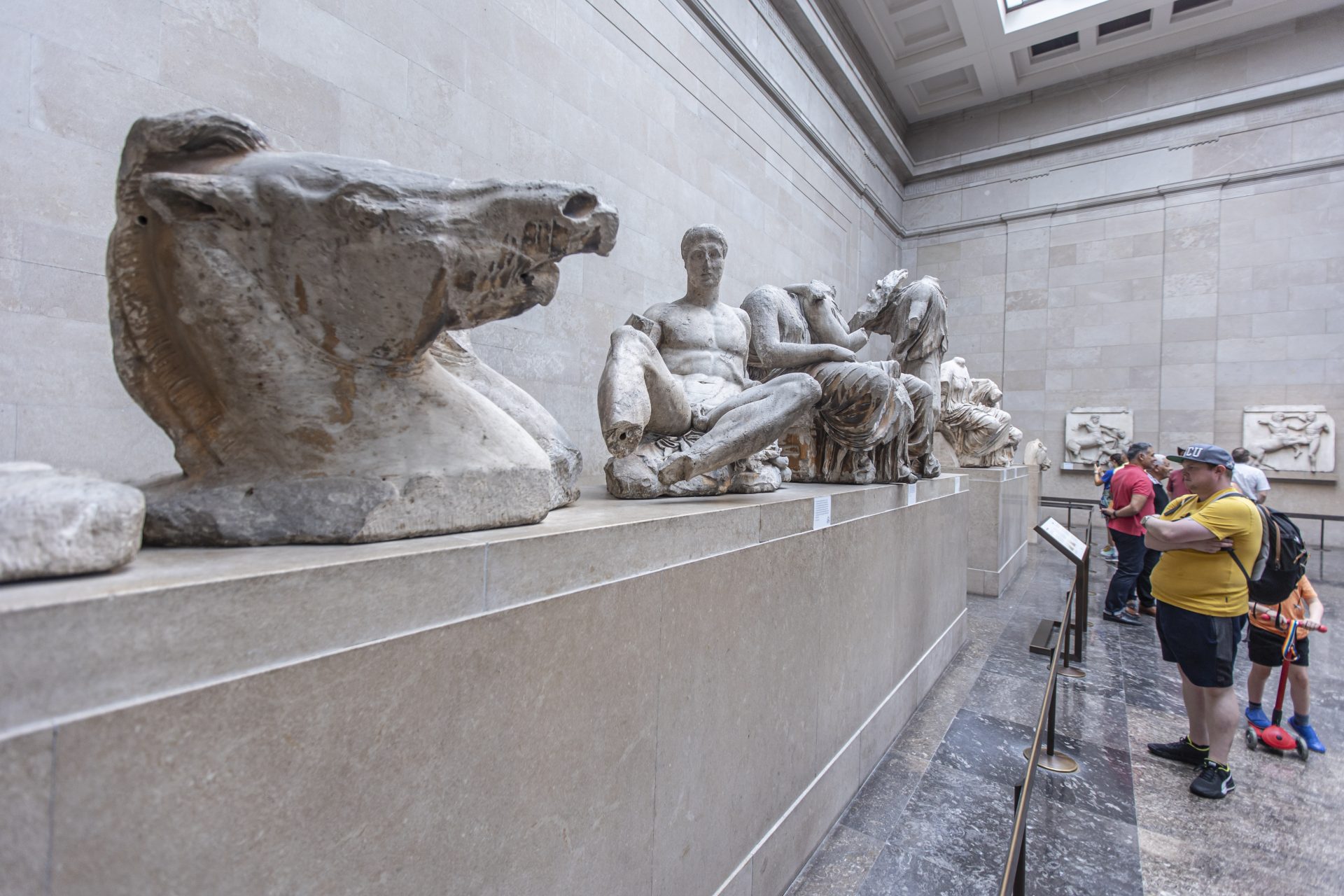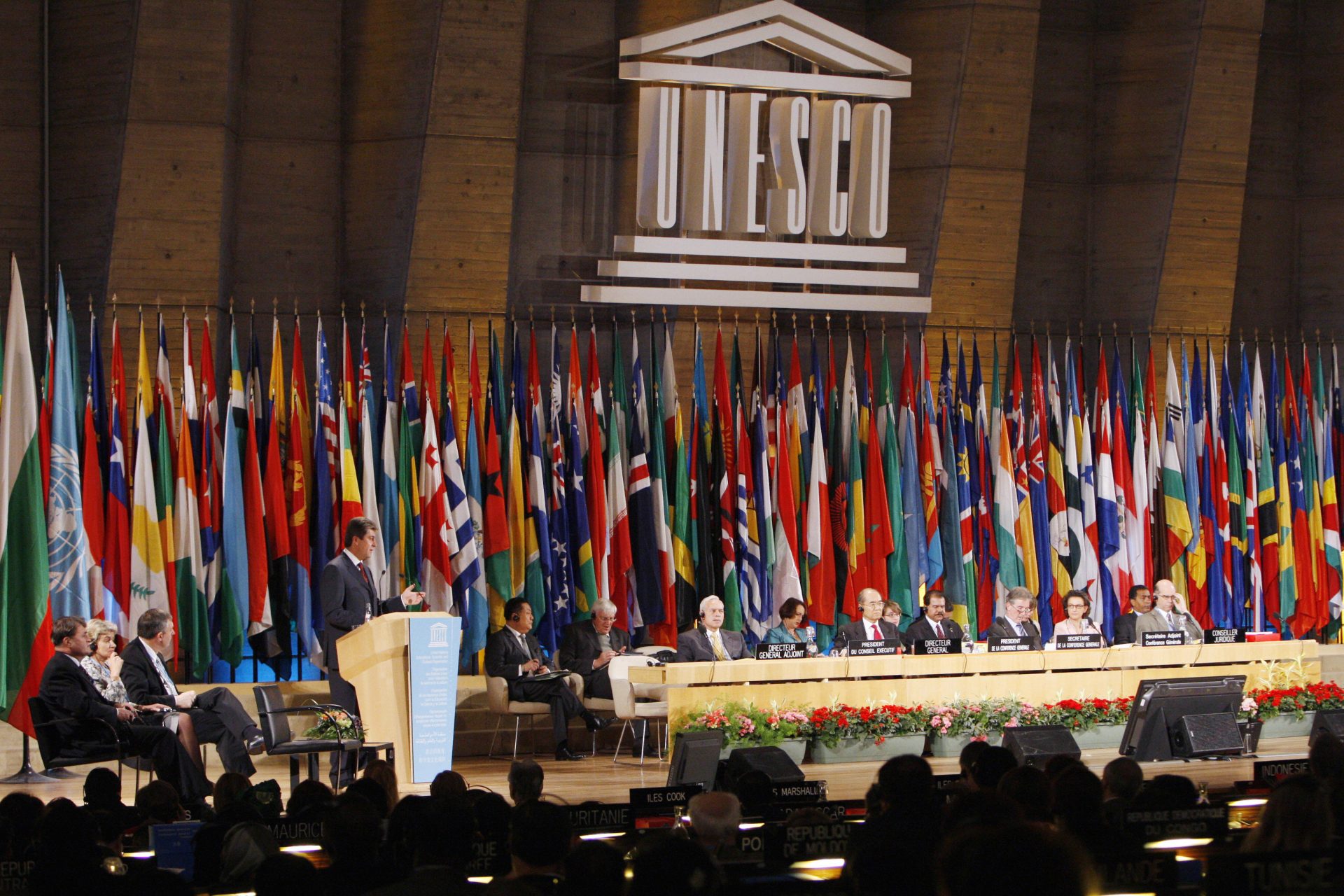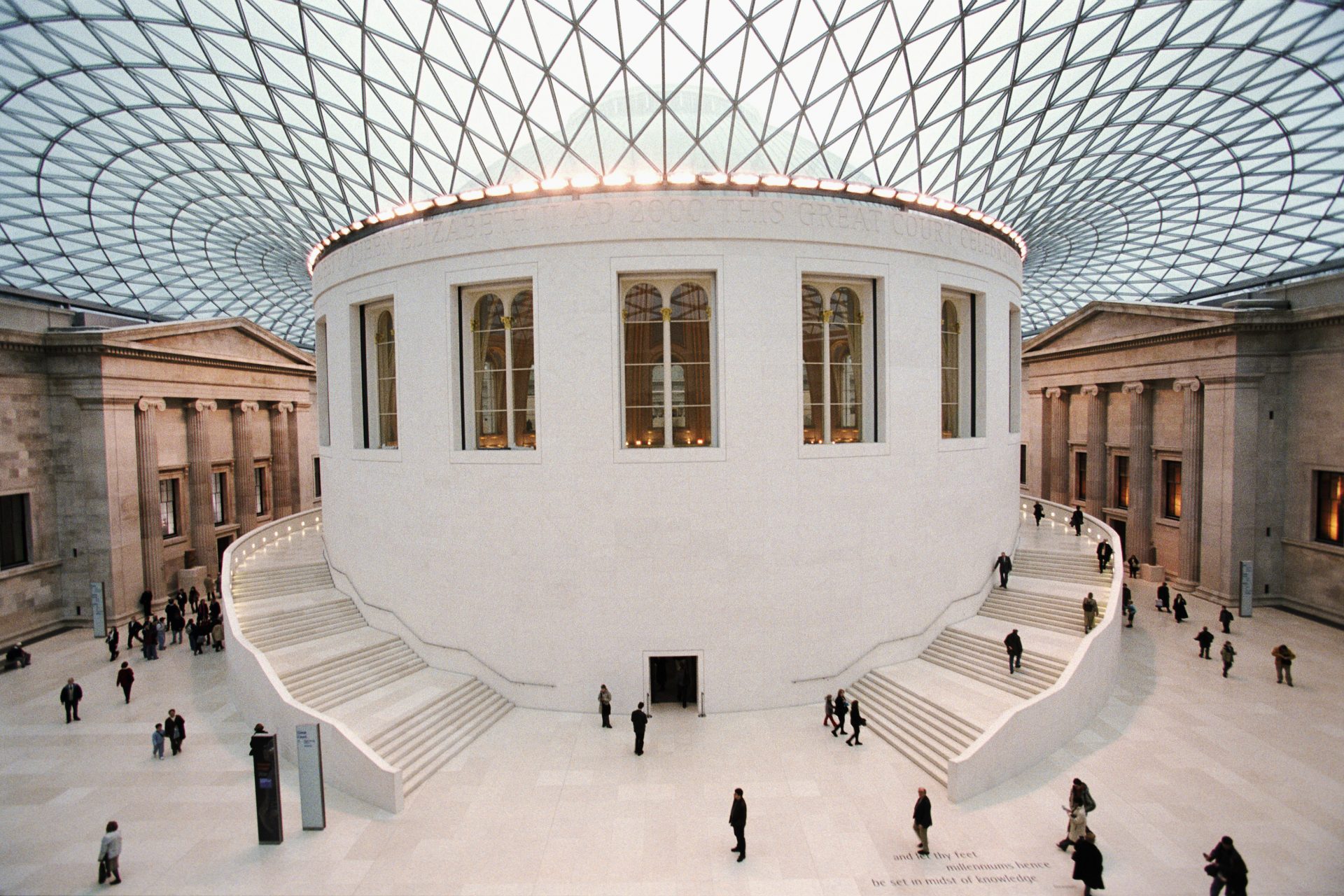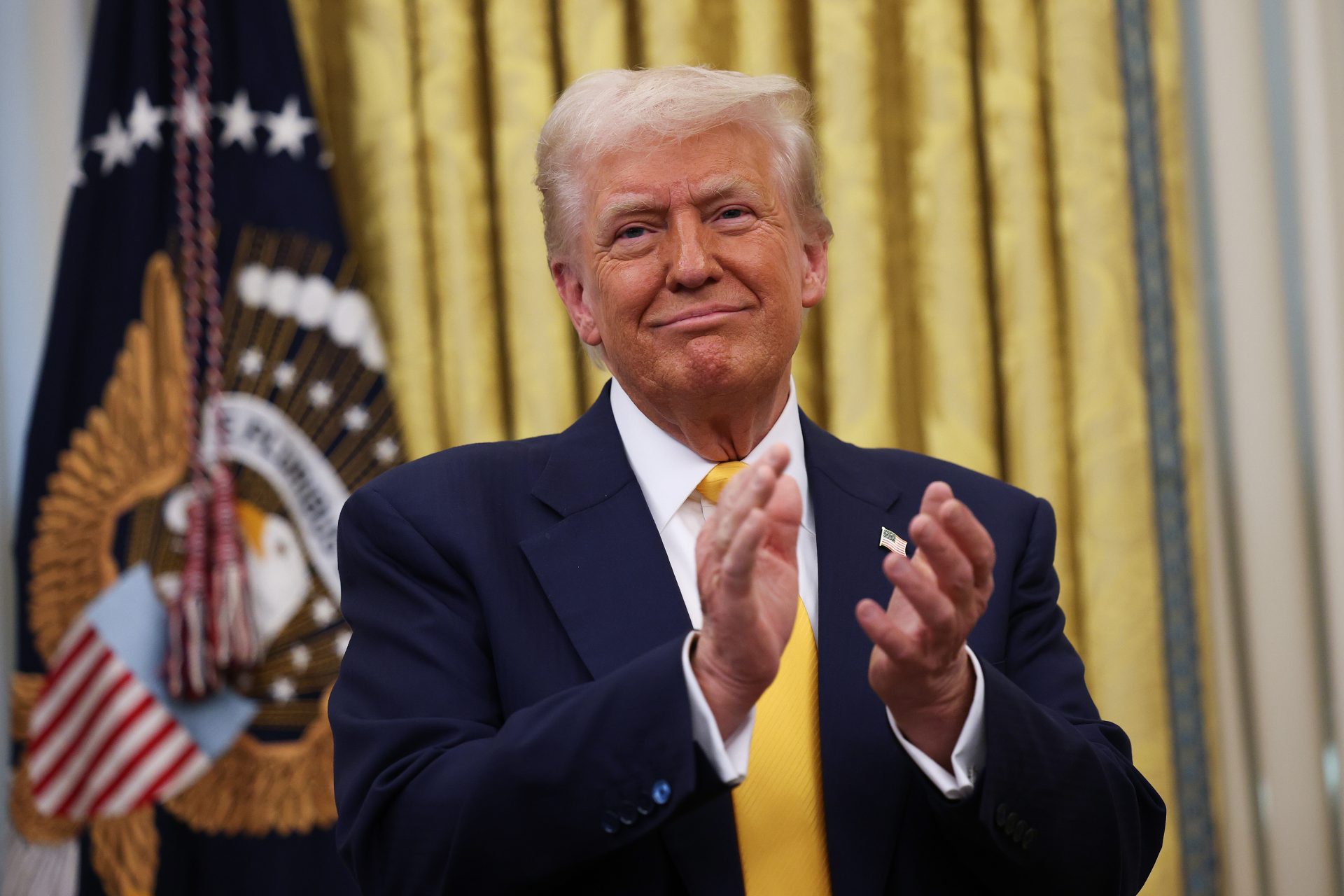Rishi Sunak snubs Greek PM because he asked for sculptures back
Greek Prime Minister Kyriakos Mitsotakis traveled to London, where he was to meet with his British counterpart Rishi Sunak on Nov. 28. But just hours before the scheduled talks, Sunak suddenly canceled the meeting. Why? The Greek PM and British media say the snub is all about marble. Here’s the story.
The so-called Elgin Marbles (or Parthenon Sculptures) is a collection of Ancient Greek sculptures from the Parthenon and Acropolis of Athens. Around half of the more than 2,000-year-old works of art were taken from Greece by agents of the British Earl of Elgin, Thomas Bruce, in the early 1800s. They are now in the British Museum.
Unsurprisingly, Greece wants its marbles back. Two days ahead of the meeting, speaking to the BBC, Mitsotakis said they look better in the Acropolis museum. “This is not an ownership question, it’s a reunification argument… It’s as if you cut the Mona Lisa in half and have half in the Louvre and half in the British Museum… do you think your viewers would appreciate the beauty of the painting?"
British newspaper the Financial Times quoted conservative sources saying that the British PM found it “impossible” to hold a meeting with his Greek counterpart after his commentary on the marble sculptures. “Our position is clear: the Elgin Marbles are part of the permanent collection of the British Museum and belong here,” one source said.
In a statement after the meeting was called off, the Greek Prime Minister said: “I [want to] express my annoyance at the fact that the British prime minister canceled our scheduled meeting a few hours before it was due to take place… The views of Greece on the Parthenon sculptures are well known.”
Mitsotakis seemed surprised that the longstanding issue was enough to derail broad talks. “Greece and Britain are united by traditionally strong ties of friendship and the framework of our bilateral relations is exceptionally broad,” said the statement, adding that apart from the sculptures, they aimed to discuss international challenges like “Gaza, Ukraine, the climate crisis and migration.”
The Greek PM’s statement ended by scolding Sunak for not being open to even discussing the issue, which is one of the longest cultural disputes between Western nations. “Whoever believes in the correctness and justice of his views is never afraid of opposing arguments,” the statement concludes.
The BBC spoke to Labour sources after the meeting was canceled. They reportedly described the snub as “pathetic” and a “bizarre piece of culture war theatre.” "If the prime minister isn't able to meet with a European ally with whom Britain has important economic ties, this is further proof he isn't able to provide the serious economic leadership our country requires,” said another.
The day before his scheduled meeting with Sunak, Mitsotakis also held talks with Labour leader Keir Starmer, whose aides had previously said he was open to the deal that would allow the British Museum to loan out the sculptures to Greece, in exchange for being able to exhibit other Ancient Greek treasures, according to the Financial Times and The Guardian.
George Osborne (left), Chair of the British Museum, has also been in months of negotiations with the Greek Prime Minister about the deal. “I hope we’ll find a way to partner with Greece so that a portion of the Marbles spend part of their time in Athens . . . and we see more of their treasures in return,” he wrote in The Spectator in early November.
Sky News has reported that the Tory government officials have been brainstorming legal ways to block the export of the Elgin Marbles, including blocking an export license. Under current law, the 1963 British Museum Act prevents the institution from giving away any of the objects in its internationally sourced treasure trove, except in very limited circumstances.
Speaking to the BBC, the Greek leader said the negotiations hadn’t made as much progress as he would like. “But I’m a patient man, and we’ve waited for hundreds of years and I will persist,” he said, emphasizing that he was just re-elected and has a full term ahead of him.
Image: BBC Laura Laura Kuenssberg via BBC Politics/Twitter
Meanwhile, UK voters will go to the polls in Jan. 2025. However, the Guardian reports that Labour does not want this to become a major election issue due to the inevitable rhetoric of Labour “losing its marbles” in the run-up to polling day. Starmer has also openly opposed any change to the 1963 Act that prevents the British Museum from returning any of its art and artifact collection.
Even when the Earl undertook to bring the sculptures back to his homeland, it was controversial. He argued that he had the permission of the Ottomans to do so, but that claim was disputed. A UK inquiry concluded he did get them legally, and he sold them to the British government that year. Lord Byron accused the earl of vandalism and looting.
Image: Lord Byron (1788-1824) on the shore of the Hellenic sea, ca 1850, by Giacomo Trecourt
The Earl of Elgin’s men took the marble from Greece during Ottoman Rule. The Earl, Thomas Bruce, was ambassador to the Ottoman Empire. However, shortly after Greece won its independence in 1832, the country began clamoring for the UK to return the precious marble sculptures.
In 2021, the The United Nations Educational, Scientific and Cultural Organization (UNESCO) concluded that the UK government had an obligation to return the marbles and called upon the UK government to open negotiations with Greece. In 2022, the British Culture Secretary said she sympathized with some of Greece’s arguments but warned it would be a “slippery road to embark down,” according to the Daily Telegraph.
The British Museum is home to dazzling objects from around the world. However, it has been subject to criticism for holding the cultural heritage of other nations… and refusing to give it back. Besides the Elgin Marbles, there are the stunning Benin Bronzes (from what is now Nigeria), the Ethiopian Tabots, and the Rosetta Stone, taken from Egypt.
More for you
Top Stories




